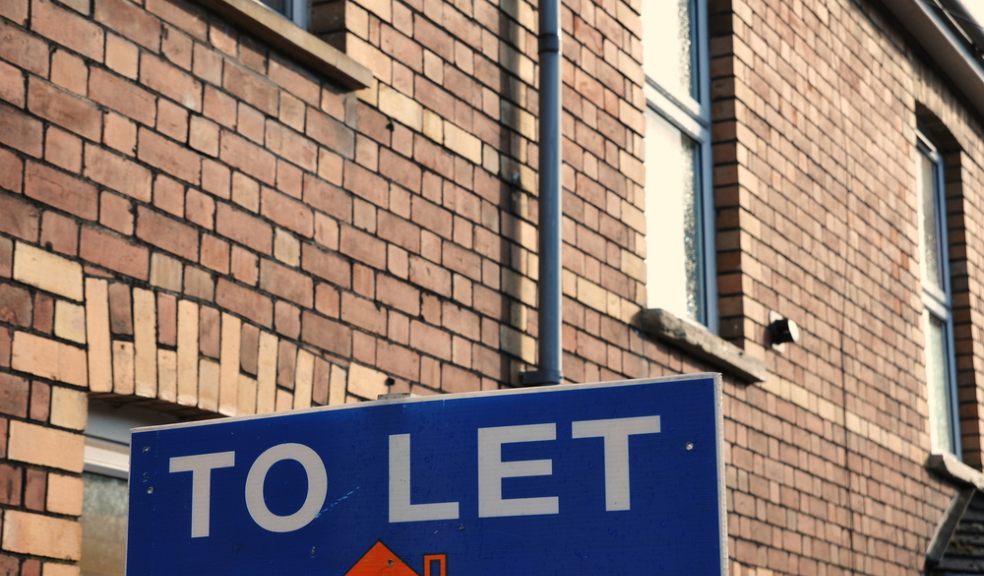
Investing in buy-to-let property
In this modern era of faltering pension funds, low interest rates and poorly performing government bonds, it can be difficult to know where to turn for a sound investment proposition. There is, however, one area that has been consistently buoyant and has out performed other investment types: the good old-fashioned concept of investing in bricks and mortar.
The buy-to-let market has proved hugely popular with those looking for a safe investment that will generate positive yields. Let’s examine why, and see if you too should consider becoming a landlord.
The perfect storm
Those self-same interest rates mean there has never been a better time to take out a mortgage, and there are some great deals to be had from all the high street lenders. At the same time, the steady rise in property prices means first time buyers are finding it difficult to get on the first rung of the property market.
The result? More people are choosing to rent instead, increasing the demand for rental properties and therefore pushing up rental prices, too.
All these factors create a perfect storm for those wishing to invest in buy to let.
Things to consider
Before you rush out and invest all your savings in that house for sale around the corner, there are a few things you need to think about.
Location matters. Do some research on areas where there is a large rental demand, to make sure you will be able to find a tenant and realise the best possible yield.
Also, consider your ideal tenant. Buying somewhere that will appeal to students might guarantee occupancy, but will not bring in the big money, and can lead to other difficulties. The young professional segment is generally considered the most attractive.
In addition, think about the mechanics of how you plan to deal with the property. Will you manage it yourself, or will you do everything through a letting agent? Don’t forget vital details such as rent guarantee insurance to ensure your investment is protected as well as it can be.
Any downsides?
A buy-to-let property is a little more “high maintenance” than other forms of investment. After all, you are an investment, but to somebody else, it is their home. There are certain obligations as a landlord that come with that responsibility. However, you can have as much or as little involvement in these responsibilities as you wish. Some landlords enjoy dealing with the day to day running of a property, while others leave everything to the letting agents and simply collect the money every month.
You also should bear in mind that this is a highly illiquid form of investment. If you are likely to need quick access to your savings, then tying them up in a property is obviously not right for you. But if you are in it for the long term and want an investment that will realise excellent yields as well as good capital growth, then there really is nothing quite like bricks and mortar.




















